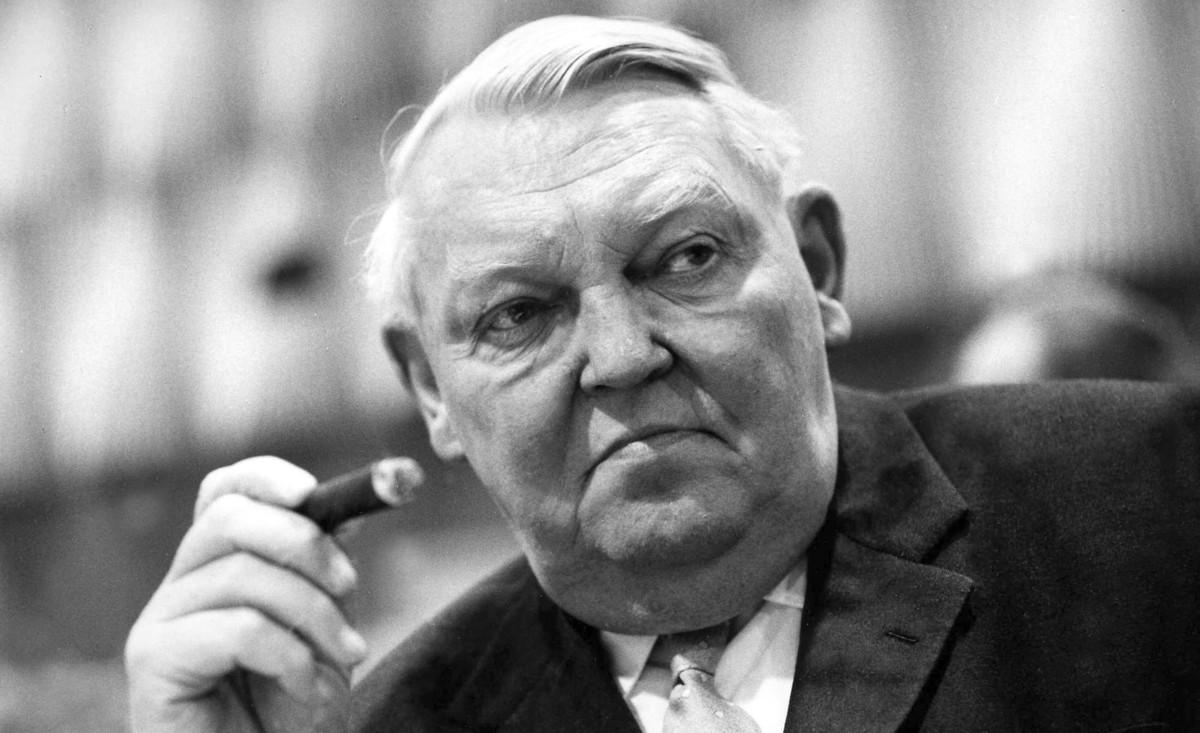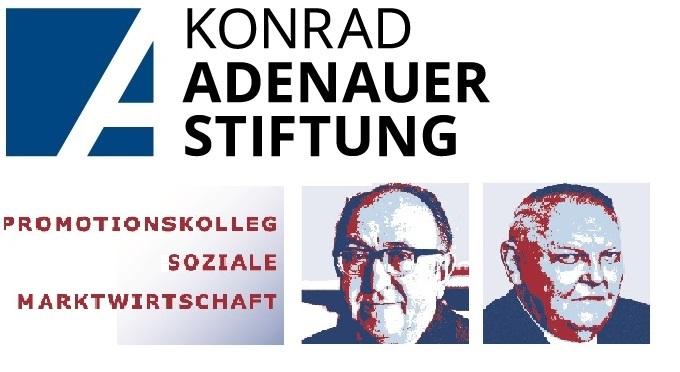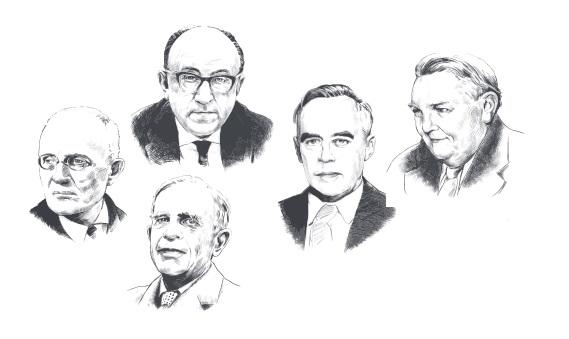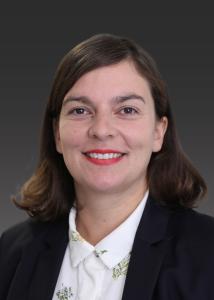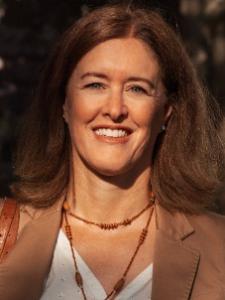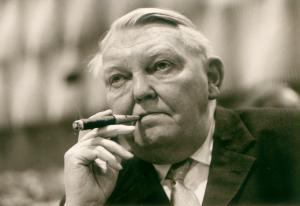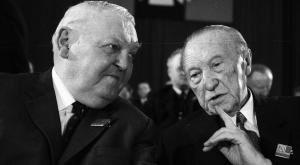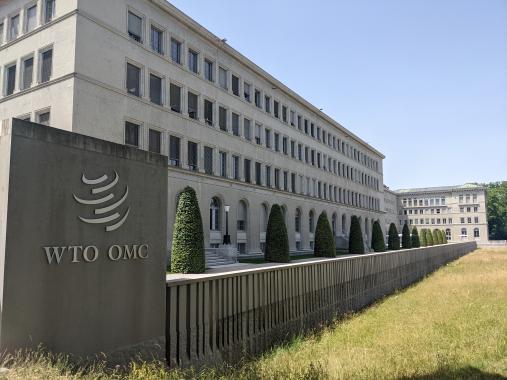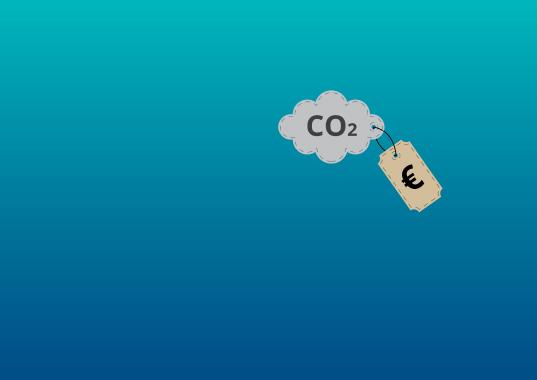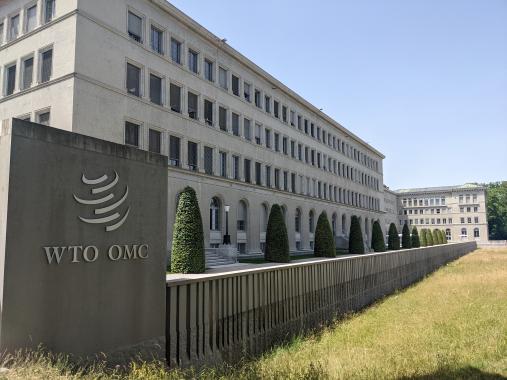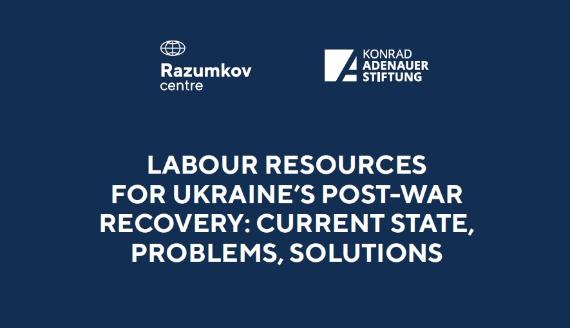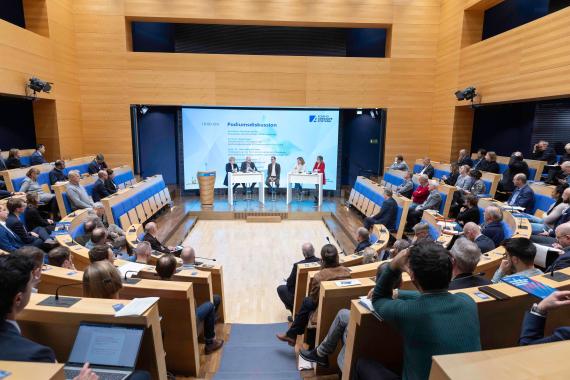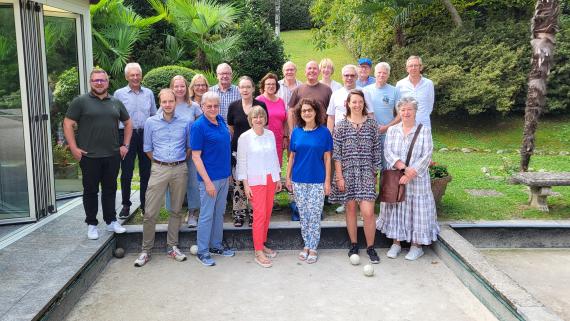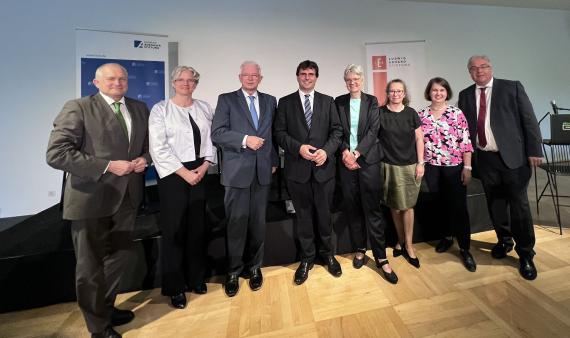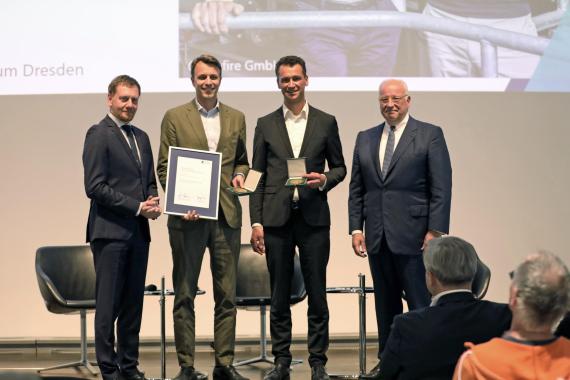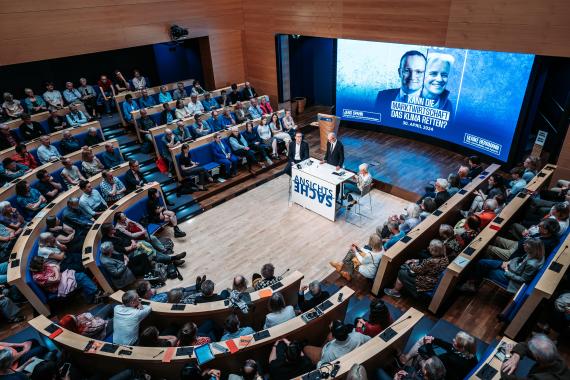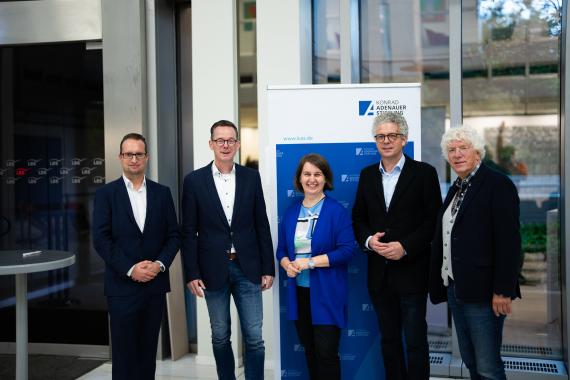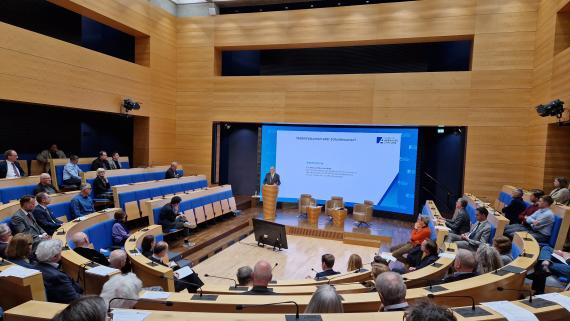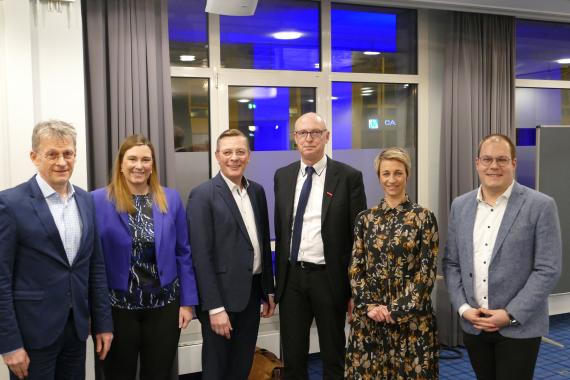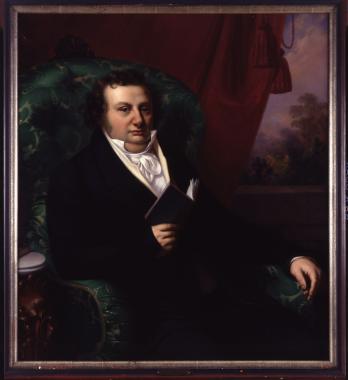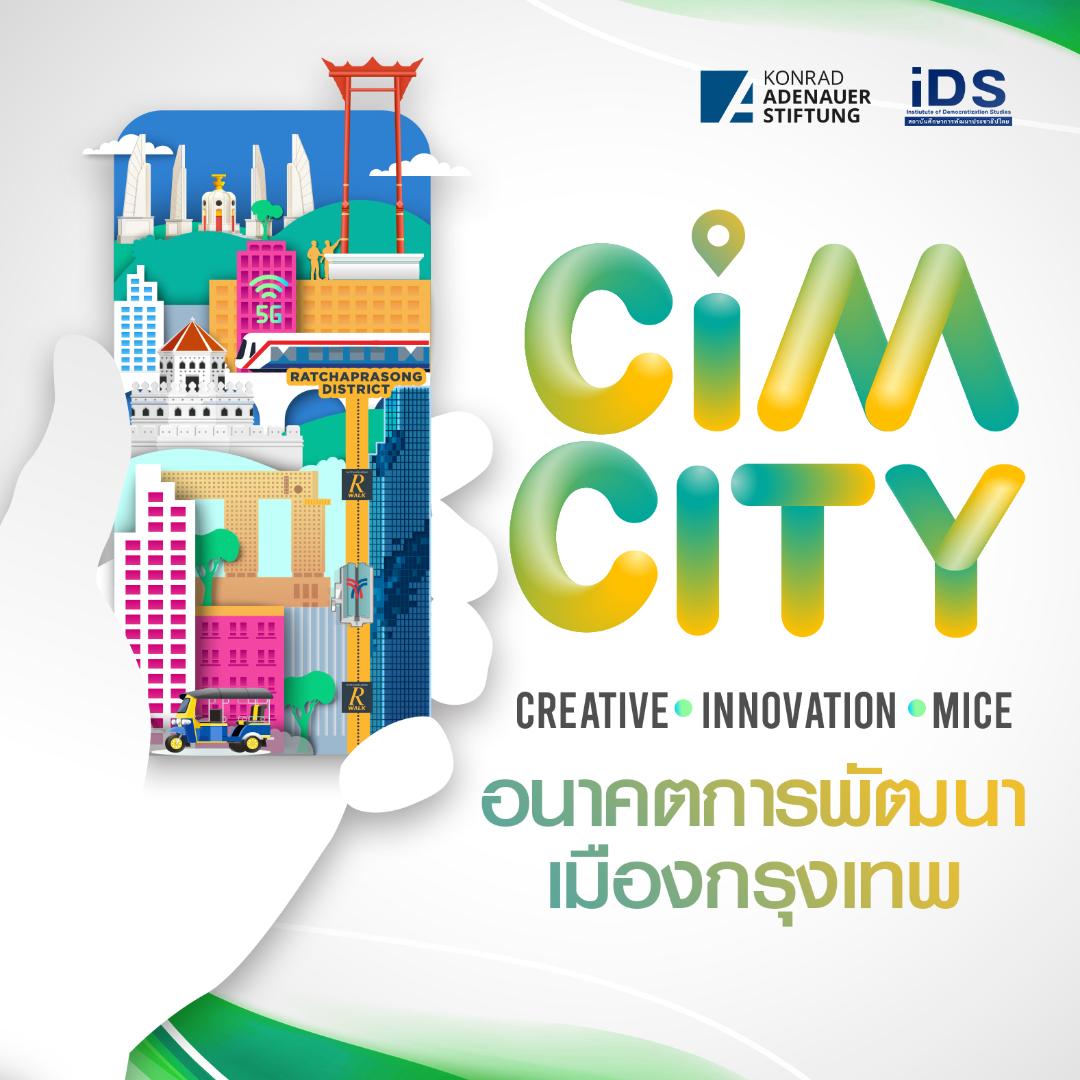The social market economy is not designed to be a ready-made system, nor a recipe that, once created, can be used in the same way for all time. It is an evolutionary order, in which, besides the fixed basic principle that everything needs to be implemented in the framework of a free order, it is always necessary to set new tones according to the requirements of a changing time.
At a glance
- The social market economy was introduced as an economic policy concept in Germany in the aftermath of the Second World War. It is inextricably linked with the German economic miracle.
- The unique feature of the social market economy is the combination of economic freedom with social equity. The preservation of creation and ecological aspects were taken into consideration, too.
- The state has the role of providing the framework and setting the rules. It is curtailed when it comes to intervening in competition, since this is central for the success of a social market economy.
- The principles and values of a social market economy are timeless. That is advantageous because the state organisational framework can constantly adapt to current challenges on this basis.
- We are convinced: The social market economy has proven itself and is still the right concept today. We thus contribute to its future development and are committed to promoting it.
Content
1. Economic freedom and social balance
2. The spotlight is on individual responsibility
3. Flexibility of the state regulatory framework
4. Discuss future issues of the social market economy
5. Our offers and projects on the topic
6. Publications, events and media contributions on the topic
What is the social market economy?
The explanatory film shows the basic principles according to which our economic and social order in Germany functions.
YouTube, onlinekas
The social market economy was introduced by the first Federal Minister of Economics, Ludwig Erhard, as an economic policy concept upon founding the Federal Republic of Germany. Hence, the social market economy is inextricably linked to the German success story following the Second World War, and has proven, time and again, to be a successful, stable and adaptable economic and social order.
Economic freedom and social balance: our economic and social order combines both
People, their freedom and individual responsibility lie at the centre of the social market economy. From the outset, the economic concept geared towards balance has aimed to reconcile freedom and competition, social security and labour force participation, as well as a high and growing level of prosperity.
The founding fathers of social market economy were shaped by preceding discussions of Christian social teaching and Protestant social ethics; they had their sights set on the preservation of creation. Thus, the social market economy has been the bracket that holds together the principle of economic freedom with the doctrine of social balance and ecology: Recently, these goals have been discussed under the term “sustainability”.
The spotlight is on individual responsibility: state actions are deliberately curtailed
Not least in times of transformation, the role played by the state is central. In the concept of social market economy, the state assumes the role of framework provider and rule maker. The state sets the framework in which freedom and individual responsibility are to unfold. At the same time, state action needs to be aware of its limits. After all, competition is a key component of the social market economy – not least so that innovations can give rise to competitive advantage and prosperity for all.
Flexibility of the state regulatory framework: current challenges require adaptability
As a liberal economic and social order, one of the many strengths of the social market economy is that it is a pragmatic model. Its regulatory principles and Christian Democratic values are timeless. However, the state regulatory framework must be constantly adapted to current challenges on the basis of these principles and values. This also, and in particular, applies to contemporary challenges such as climate change and digitalisation.
Even if the social market economy was unable to take account of current challenges at the time of its development and introduction, specific and good solutions can be derived based on its values and principles. This is illustrated by the example of climate change: Experts largely concur that for climate protection goals to be achieved, greenhouse gas emissions need to be subject to a pricing system.
This approach stands on the pillars of the social market economy: Early on, Walter Eucken foresaw the internalisation of external effects – i.e., also greenhouse gas emissions – into the price mechanism in the regulating principle of economic accounting. The specific design of this approach – such as pricing via emissions trading or a CO2 tax – is part of a social process of negotiation that takes economic, ecological, and social aspects into account.
Discuss future issues of the social market economy: We want to contribute to its future design
The Konrad-Adenauer-Stiftung is convinced that: The social market economy has proven itself over decades. Today, it is still the right concept for providing regulatory guidance even in a world of upheaval.
In doing so, we want to ask ourselves challenging questions: How can the concept of social market economy be made sustainable? How can we shape the transformation towards digitalisation and sustainability in a way that is meaningful for economic policy and compatible with social policy? How do rules on competition have been aligned with digital platforms and intellectual property without impeding innovation? Despite all this, how are explicit and implicit state budgets to be made sustainable and thus fair for all generations?
We would like to help shape the social market economy based on its regulatory principles and Christian Democratic values. In Germany and abroad, we work to promote a social market economy. This page gives you an overview of our diverse projects and activities in Germany and abroad.
Our offers and projects on the topic
Event series
Social market economy as a guarantor of the prosperity of our country’s economy has always been a special concern for the Konrad-Adenauer-Stiftung, as also reflected in the abundance of different events on this topic. Here it is particularly worth mentioning our annual Ludwig-Erhard Colloquium, with which we would like to make a contribution to shaping the social market economy.
Ludwig-Erhard Colloquium
The Konrad-Adenauer-Stiftung and the Ludwig Erhard-Stiftung jointly organise and host the Ludwig Erhard Colloquium. The goal of the expert discussion, which is also devoted to commemorating the first Economics Minister of the Federal Republic of Germany, is to contribute to the modernisation and adaptation of the social market economy to challenges of the 21st century by connecting aspects of economic history with current regulatory policy debates.
Prizes
Since 2002, the Konrad-Adenauer-Stiftung has been awarding the Social Market Economy Prize to personalities committed to the realisation, preservation and further development of social market economy. The award-winners are nominated by a jury consisting of renowned members and confirmed by the Stiftung’s Board of Directors.
Social Market Economy Prize
With the Social Market Economy Prize, we honour outstanding achievements by people in the spirit of social market economy. Behaviour and actions are regarded to be an important aspect in this context. Above all, those who have been a role model for autonomy or individual responsibility or contributed towards social justice in our economic and social order, may be considered as a candidate for the award.
Scholarship and didactic offers
The Konrad Adenauer Foundation offers the interdisciplinary doctoral programme ‘Social Market Economy’ for doctoral students. In our learning laboratory, the Adenauer Campus, teachers and pupils can find teaching material and exercises for the classroom, which are divided into several learning modules.
“Social Market Economy” Doctoral Programme
Doctoral candidates with a topic related to the social market economy, can apply for the “Social Market Economy” doctoral programme. The programme is interdisciplinary, which means that doctoral candidates from other disciplines can apply in addition to economists. The goal of the programme is to make a significant scientific contribution to understanding and developing the social market economy through relevant dissertations.
Learn more about the “Social Market Economy” doctoral programme
Didactic Teaching Material for the Classroom
In the learning lab of our Adenauer Campus, the Konrad-Adenauer-Stiftung’s digital learning platform, you will find teaching materials and classroom exercises on the topic of social market economy. We invite teachers, those interested in politics and pupils alike, in order to take a closer look at our interactive and free didactic offers.
Founding fathers
Who is responsible for the economic and socio-economic concepts of the social market economy? Who pioneered and provided an impetus for the economic policy model that still forms the basis of German economic and social order to this day, and who played a decisive role in its political implementation? Find our more about some of the leading and most important minds behind the basic concepts of the social market economy.
Masterminds of the Social Market Economy at a Glance
According to the understanding of the founding fathers, the social market economy is based on a competitive order, whose constituent principles are the guarantee of private property, liability rules, freedom of contract and trade, monetary stability, open market access as well as a long-term, reliable and principled economic policy. It is the duty of the state in a social market economy to adjust the institutional framework such that individual economic activity does not come into resistance with social purposes and the freedom of others.
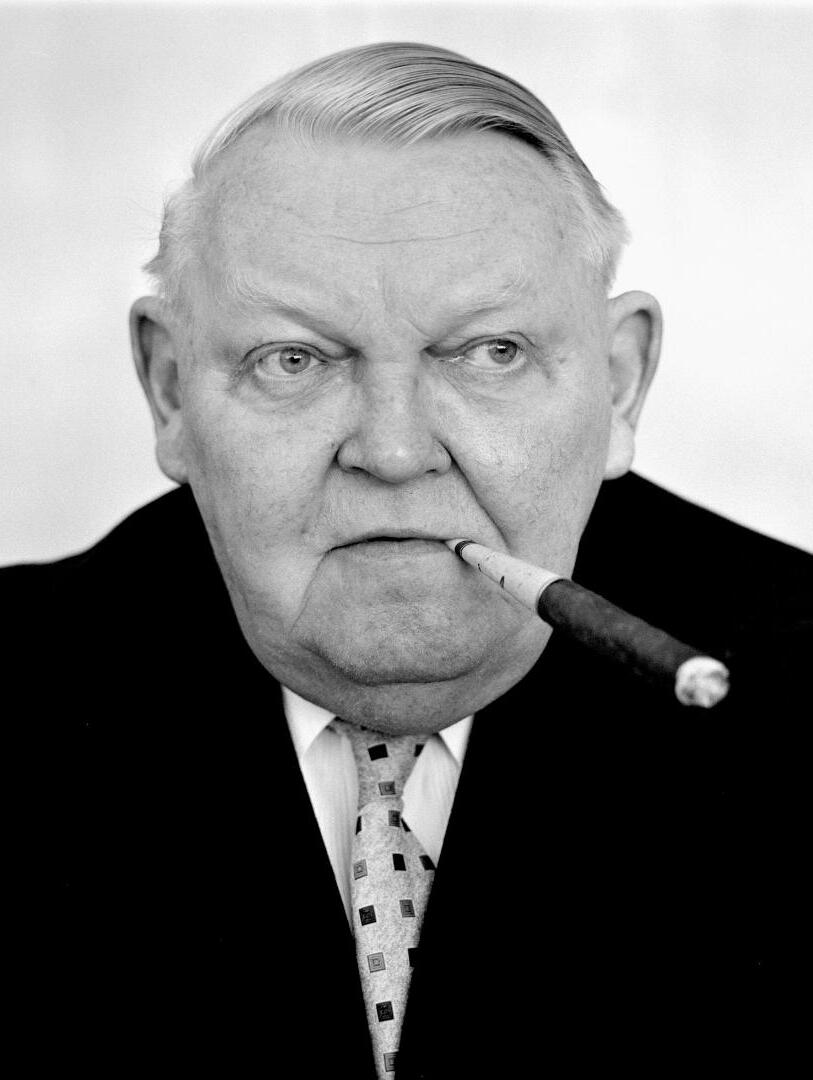
Ludwig Erhard
“An essential part of a positive family policy is to afford our youth – regardless of the income and wealth of their parents – equal life and development opportunities through equal educational opportunities at the various levels, depending on their interests and talents.“
Ludwig Erhard, as one of the founders of the social market economy, ranks among the pre-eminent liberal-democratic reformers of the 20th century. He used the economic and currency reform of 1948 to lay the foundations of social and economic order in the Federal Republic of Germany. (© Photo: KAS / Slomifoto)
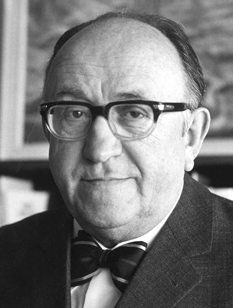
Alfred Müller-Armack
„If we successfully implement a social market economy in Europe, we must at the same time transfer the social responsibility that we experience at home, and for which we have found solutions according to human standards, to the other countries.”
Alfred Müller-Armack is considered the intellectual father of the social market economy. The national economist and sociologist understood the concept, decisively coined by him, above all as a peace-making balance between economic freedom and social responsibility. (© Photo: ACDP)
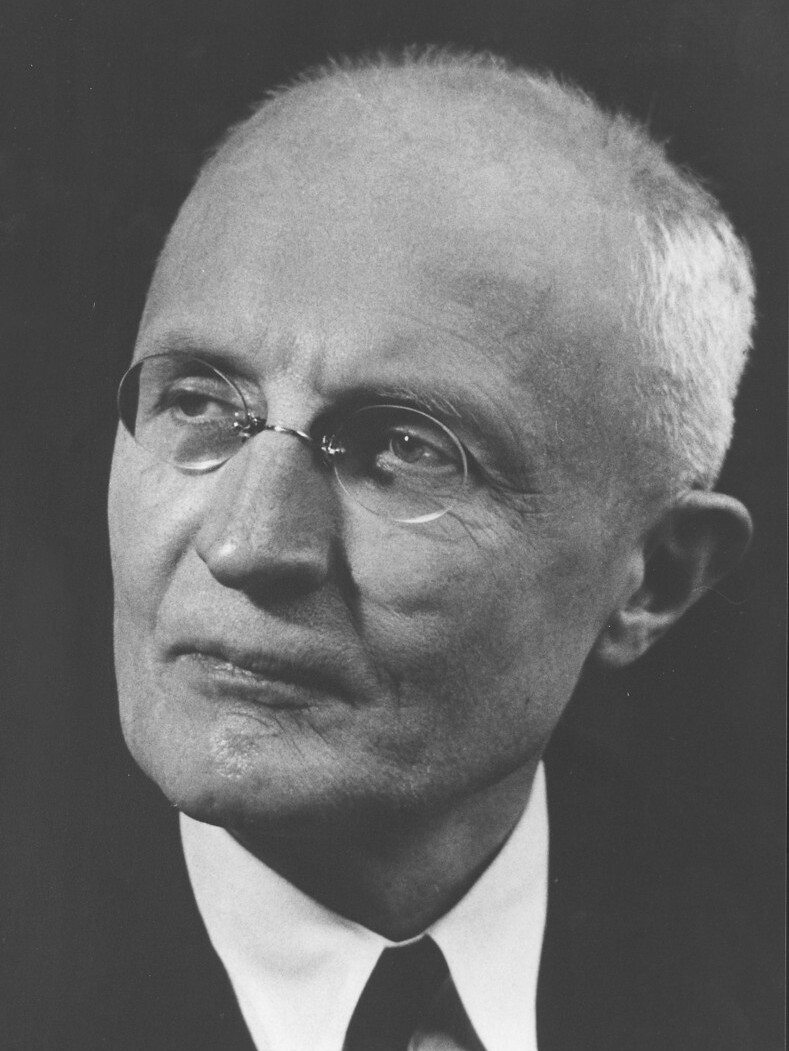
Walter Eucken
„It has been shown that the distribution of the social product through price mechanics […] is better than distribution owing to arbitrary decisions by private or public bodies of power. […] Yet even this distribution mechanism leaves questions open, and needs to be corrected. […] The inequality of income already leads to the production of luxuries when urgent needs of low-income households still demand satisfaction. Here, distribution that takes place in the competitive order, needs correction.”
Despite his work, Walter Eucken has been largely forgotten by the public today. The Freiburg economist had developed essential theoretical principles of the social market economy in rejection of the National Socialist economic control. (© Photo: KAS / picture archive)
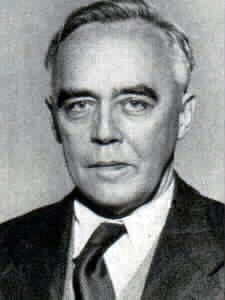
Franz Böhm
„If there is no or insufficient competition, then the constitutionally intended steering power of market prices will be impaired. Goods production and distribution are directed in an unintended direction. Yet this misguided steering of economic cooperation is not even the decisive factor. Even more serious is the disruption to the social justice content of a free market system.”
Franz Böhm was one of the co-founders of the Freiburg School of National Economics and pioneers of the social market economy. He had already been working on the concept of our present economic order since 1933, which he helped to implement as a member of the Academic Advisory Board at the Administration for Economics, at the Federal Ministry of Economics and as a Member of the Bundestag. (© Photo: n. n.)
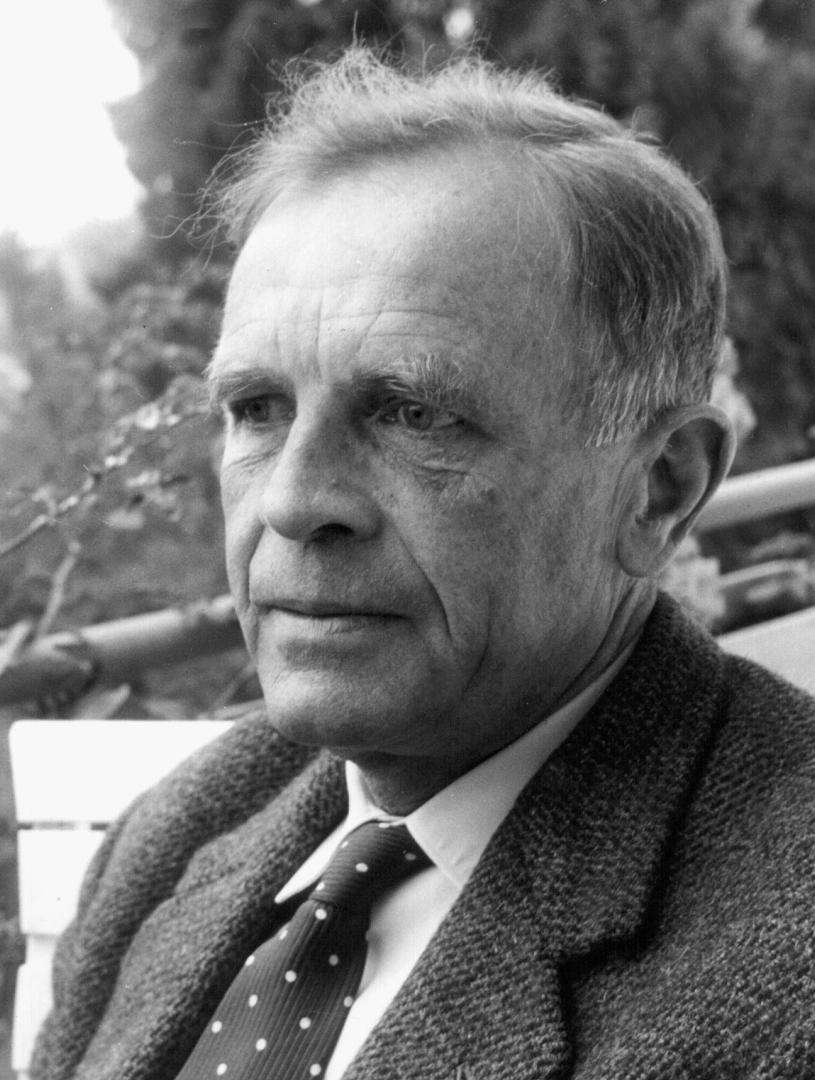
Wilhelm Röpke
„Nowadays, a strong state is not, however, one which interferes in everything and plays a overly dominant role. On the contrary, it is not an interference in everything, but rather the independence from interest groups and unrelenting enforcement of its authority and dignity as the representative of the general public that characterise a truly strong state.”
Wilhelm Röpke ranked among the most important pioneers of the social market economy. The economist identified the development towards a bipolar world order from an early stage. He promoted the later Federal Republic’s alignment with the West, which he saw as a guarantee for a liberal state and against the threat of totalitarian communism. (© Photo: SZ-Photo)



